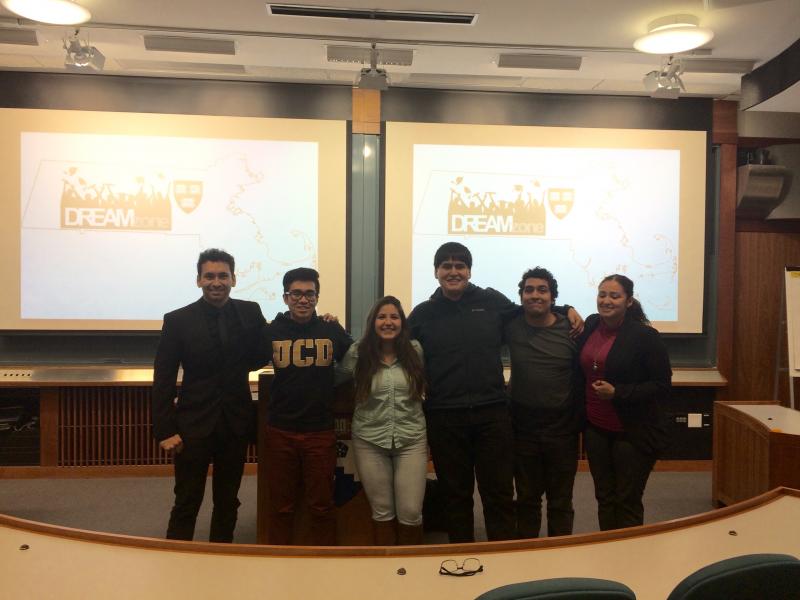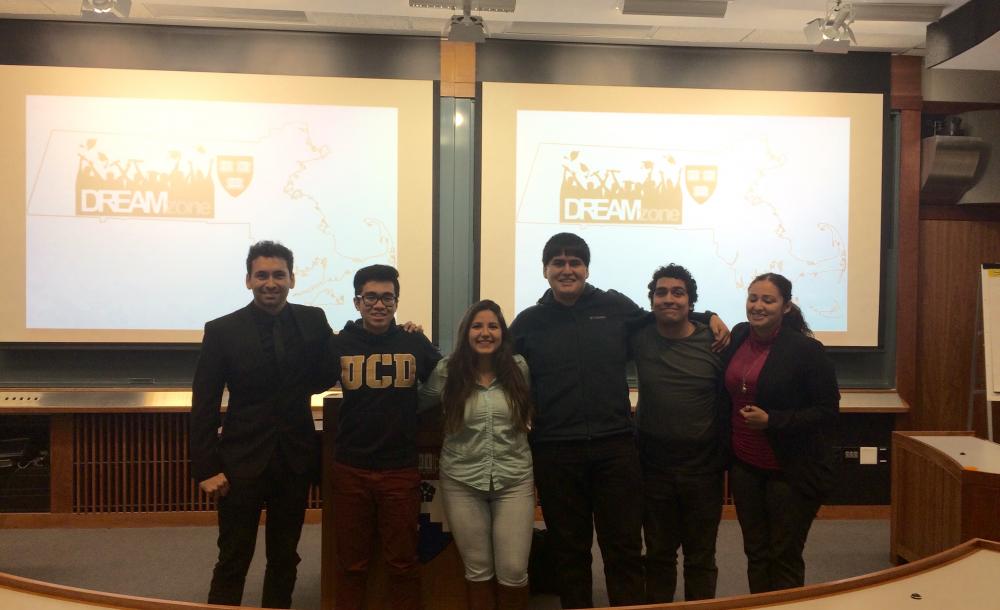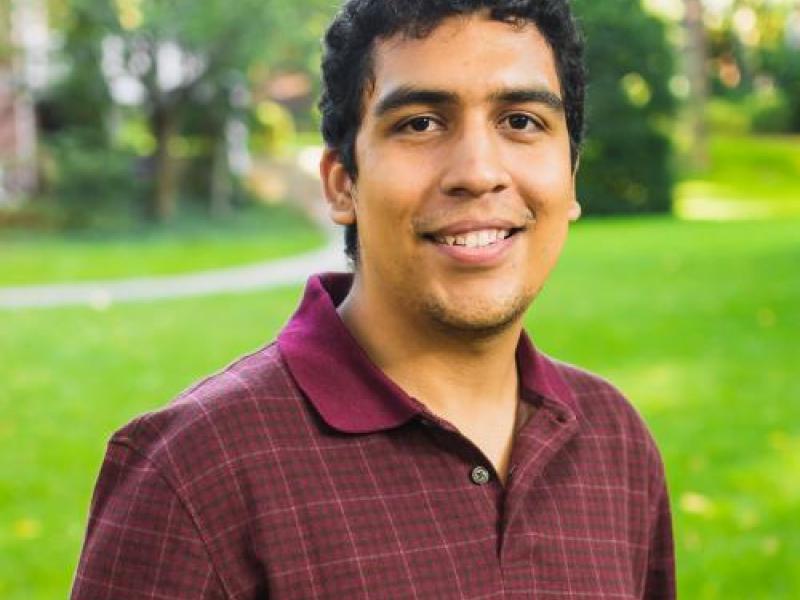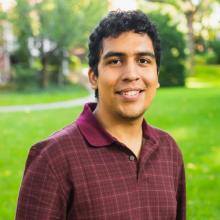One of the really cool aspects about Harvard is the ability to cross-register for classes at one of Harvard's graduate schools or at MIT.
After the election, I felt I had a duty to try to focus in more on immigration as a vital component of my academics. As an undocumented student on DACA, I wanted to look for a course that touched upon the difficulties immigrant students had faced in the past, as a way to also look for solutions towards the future. There was a class in the Education School being offered by professor Roberto Gonzalez, titled "Immigration Policy and Educational Practice." It sounded exactly what I was looking, so I and three other undergrad friends of mine cross-registered.
I was not sure what to expect at first! Since this was a graduate school course, I was afraid that the workload would be larger than I had finally grown accustomed to as an undergraduate. I also thought I would feel out of place with much older students with real-world experience in the same class as me. What could I possibly contribute to a class like that? I was glad to have my friends from the college with me, but they seemed to possess the same fears.
I still remember the first class we had. It was three hours long, with a ten-minute break in the middle. I looked around, and a couple of people sitting near me smiled warmly. I had not seen that in a while. Smiles were usually rare for the first few days of class in undergrad courses. Professor Gonzalez calms everyone down and begins class by making some general announcements about current immigration policy. Immigration was a persistent hot topic ever since the election. That had certainly not changed, and it was great the professor acknowledged this.
He then proceeded to talk about his book, Lives in Limbo, which focuses on the experience of the 1.5 generation of immigrants, kids like me that had been brought here young, and were experiencing their transition to illegality in the adult world. Before delving into any specific sociological concepts that he lays out in his book, he asked us to talk a bit about our experiences. How was growing up undocumented different then than it is now with a program like DACA in place? For those who have worked in schools with undocumented students, how similar or different are your experiences to the ones of educators in this book? How can we improve our messaging and now that this issue is at the forefront?
At that point, I realized this class was very special, and exactly what I needed. I realized those scary grad school students were not there for just a grade. They simply really cared about children. They wanted to be as well prepared to support them as possible. I learned so much not just from my professor, but my peers as well. My professor ended up becoming my thesis advisor, and I ended up cross-registering at the Education School a second time this semester! I would really recommend trying one out, in any of the schools, really. You never know who or what you will find!

Harvard Graduate School of Education Class
Me and my classmates during a group presentation in Larsen Hall, one of the main Ed School buildings!






